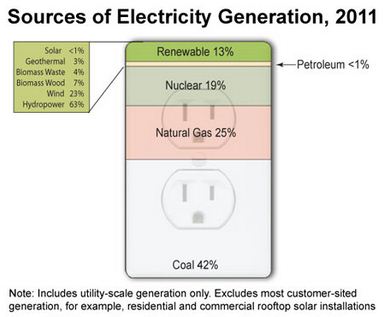Excessive Spending - Globalization and Our Wallets
Forbes had an online artile that interested me: Book Review - Globalization's End.
Globalization is one of those buzzwords that everyone uses and, as far as I can tell, few agree what it really means. To the business executive, it means trying to reduce costs in order to not lose any more profits to overseas competitors. To the worker on the assembly line, it means losing my job to some guy willing to work for next to nothing. To the consumer, it means getting things more cheaply. To the communities hit by plant closings, it means loss of tax revenues and more strain on community services.
To me, globalization is a process of economic dislocation. It is about making choices that have long term impact for short term reasons... and hoping that everything will work out just fine.
John R. Saul is the author of The Collapse of GlobalismAt the heart of The Collapse of Globalism is a question that's fundamental to economics but often not asked explicitly: Are political decisions meant to be made in deference to the economy and markets, or can we use our political institutions to shield us from some of the harsher effects that markets can dish out?
The argument is that "globalization" isn't a homogeneous process, but is economic interaction that can be... and is... affected by political policies.
In short, in what's meant to be a "world without borders," it's been impossible for people to ignore just how much local economic conditions really matter. In response, some participants in the global economy have begun to realize and exercise some of their local power.The Forbes article concludes:
Saul points to countries like New Zealand, Argentina and Brazil as examples of governments and people who have broken the rules of globalization when the results haven't suited them. The reason, as Saul describes it, is that globalization didn't keep its promises.
Globalization was supposed to deliver a world without borders and its adherents have often said that the power of governments would wane against the more fluid powers of commerce. Saul says that it just isn't so. Governments can make choices, and people aren't required to simply follow what the market dictates, even if it hurts them.If you are interested, also see the Australian Financial Review article for a more in-depth articulation.
This is the start of a new debate: We made this economy, shouldn't it serve our interests?
One comic sign of the coming era was the creation, in 1971, in a Swiss mountain village called Davos, of a club for European corporate leaders. There they could examine civilisation through the prism of business. Soon businessmen were coming from around the world. Then government leaders and academics flooded in, looking for investors. Business leaders, politicians and academics alike seemed to accept without question the core tenet of Davos: that the public good should be treated as a secondary outcome of trade and competition and self-interest.
Let's look at sports to better understand what Saul is saying. During the cold war, the Soviets and East Germans attained dominance in women's swimming in global competition. Everyone understood the rules; the Soviets and East Germans just decided it wasn't in their best interests to follow them. Through the use of steroids, they created female swimmers that were bigger and stronger than Hulk Hogan. After awhile, the rest of the world wised up and enforced the rules through a governing body.
The problem with globalization is that there is no governing body to really enforce the rules. So, Saul is arguing that if some countries are modifiying globalization to serve their local situation, ultimately all countries must do the same or suffer economic problems.
This sounds like the old days of trade policies, tariffs and barriers... as opposed to NAFTA and CAFTA and "free trade with China". But in reality, Saul is arguing for a saner approach to trade: don't destroy your home base for a short term "good deal." A lot of economists will argue that the markets will take care of themselves and good policy is no policy. That sounds like advice that a lot of globalization "winners" are not following.
Yesterday, I made one of those short term decisions, but followed my "local policy." I had a choice between some pliers made in China and some made in the U.S.A. I chose the latter even though they were a few bucks more. It seems to me that there should be more to our economic decisions than "the bottom line"... especially since that is too often only one of several economic dimensions to consider. Think not? Remember the Chevy... er, Cadillac Cimmeron? That was a product of "bottom line" thinking.
Does that mean I support "overpaying" U.S. workers? No, it means I don't support underpaying Chinese workers.






